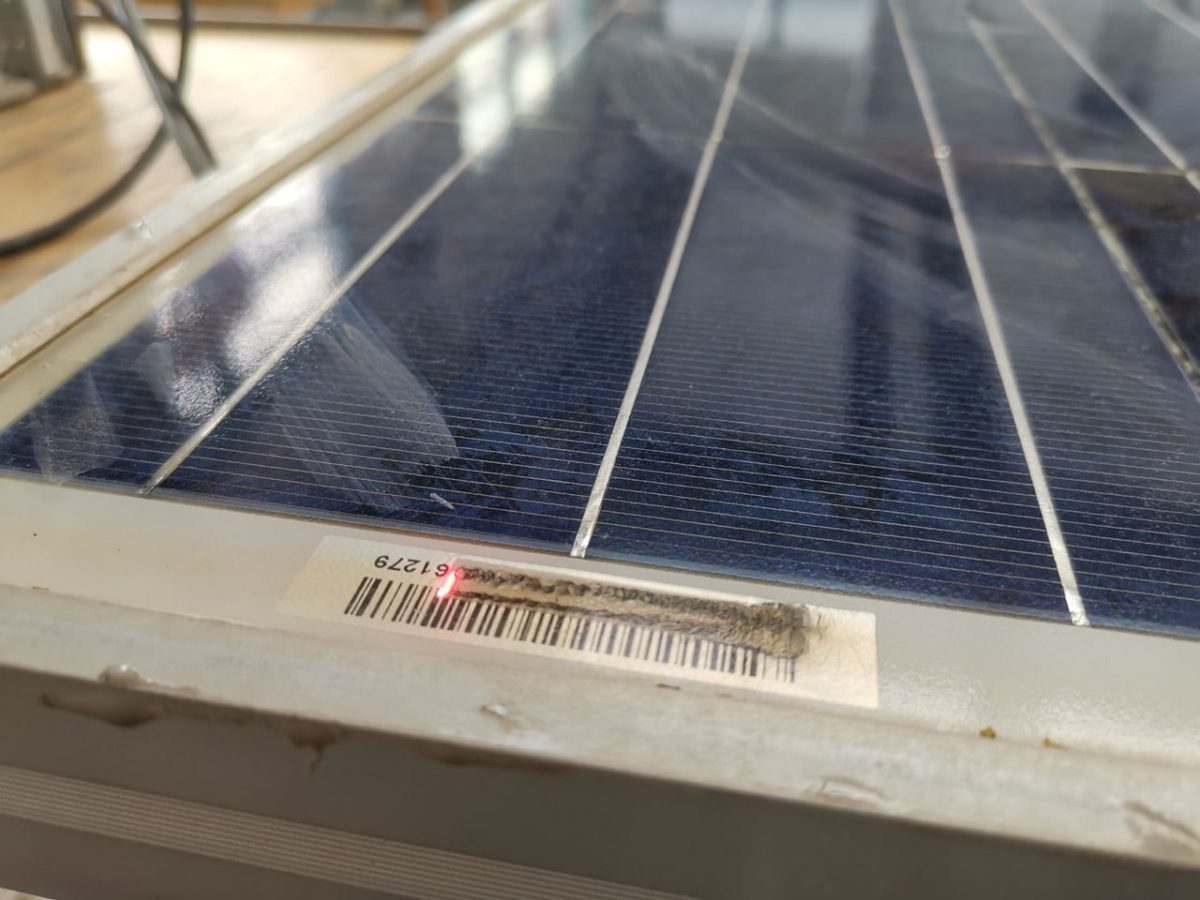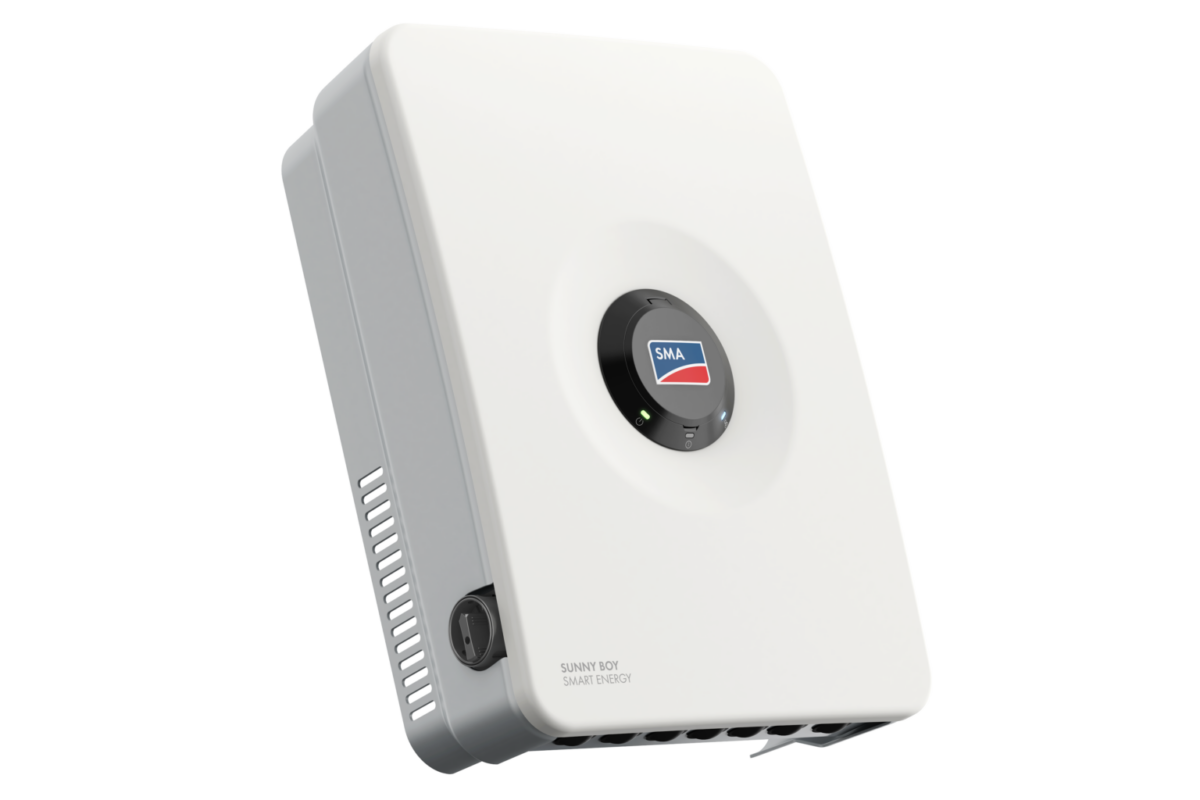From pv magazine Spain
Germany-based Rinovasol will open, this year, in the Spanish region of Navarra, a factory for the repair and manufacture of solar modules.
The manufacturing facility will have a capacity of 50 MW and will produce what the company defines as low-power modules, specifying that these have a power output ranging from 235 W to 300 W. “But low power does not mean low quality, they will be modules with five busbars,” engineer Laura Azpilicueta, from Rinovasol, told pv magazine.
Rinovasol considers itself not just a module manufacturer but also a problem solver, for PV arrays that are more than six years old. From this threshold on, is when the modules begin to fail. “We saw very ugly things: Faulty modules that are removed and resold as is on the black market, dangerous repairs carried out without control … That is why we decided to provide a complete service in the circular economy of the panel”, she added, noting that Rinovasol is the only company that takes care of the entire process.
The German company was founded in 2014 and started by buying failing panels and fixing them on-site. Today they buy, fix and certify the panels and put them back on the market with a new datasheet and a five-year warranty. Rinovasol claims that 96.3% of the modules it buys can be retrofitted and returned to the market.
“Once the modules are purchased, the seller receives a certificate that he is no longer the owner of that panel with that frame number. We remove the cover of the junction box from the module if it has a name, and we erase the data with a laser.” The company can also provide customized services depending on the client. “We ask clients to tell us about their problem and we ‘customize' the modules according to their needs,” Azpilicueta further explained.
Rinovasol has designed a standardized process that, after analyzing the defects, is intended to improve the modules by coating them with a polymer. The polymer used is the result of a new development carried out by Rinovasol – based on material from the military and aerospace sector – for which the company has exclusive rights of use throughout the world. “We have developed our own, patented system that uses a combination of chemistry and heat,” says Azpilicueta. The end result is a recycling rate of almost 100% of the components of the solar module.
Rinovasol uses machinery from the insolvent Solarworld and also operates a 150 MW factory in Germany, where it also recycles modules at the end of their life cycle.
Some 20 people in Spain will form the workforce, which in Germany already has approximately 80 employees, “and we are planning to study a partnership with an important European utility that I cannot reveal yet”, said Azpilicueta, convinced that the demand for its services will grow in the future. In this regard, they want to organize meetings and conferences at the Navarra factory to address future improvements and developments. “We want them to visit us so that investors can see what happens inside the modules if we do not improve quality,” she concluded.
This content is protected by copyright and may not be reused. If you want to cooperate with us and would like to reuse some of our content, please contact: editors@pv-magazine.com.



Congratulations on recycling, this is the future, I would love to receive technical details on whether you recycle for a BIFACIAL double-sided panel.
The question is, how cost effective it is?
The price for new (and high power) modules is very low, even less than the cost to collect and repair the old modules. I am curious how the business model works.
The reason why new modules are very low is because the initial quality/durability is reduced.